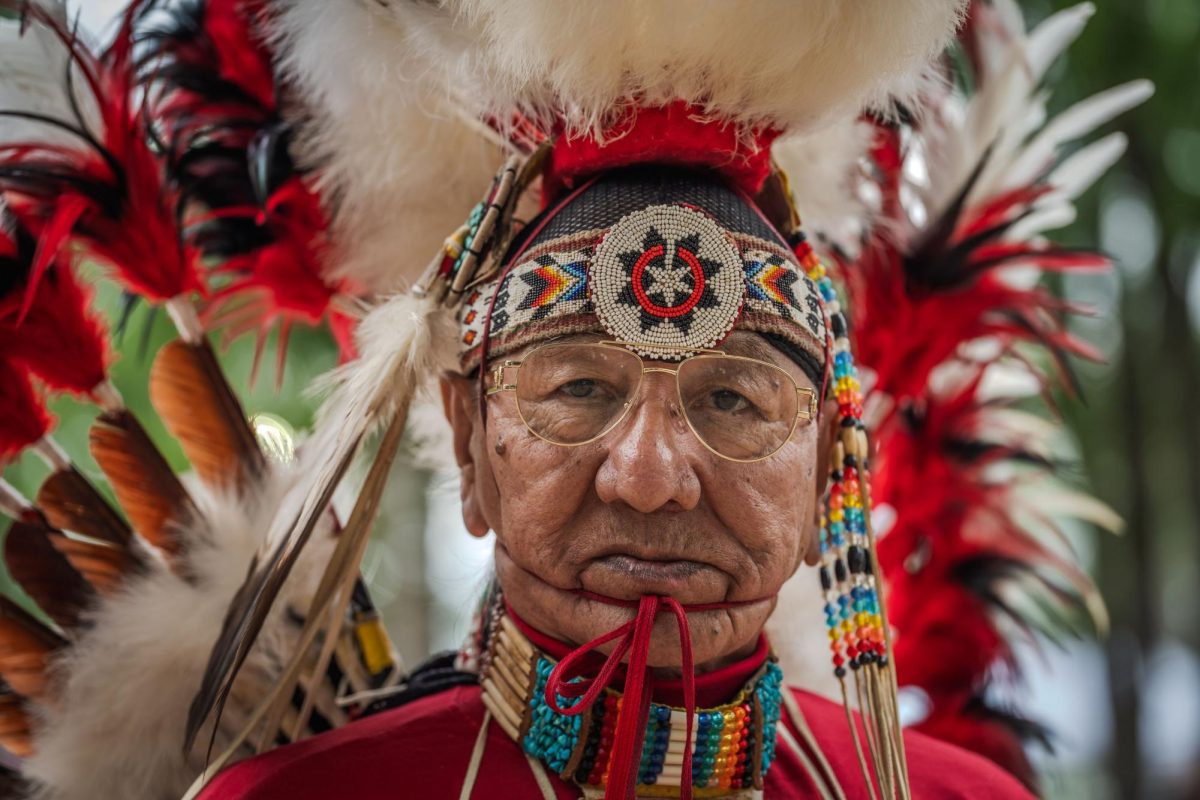Texas case law invalidates a former TCU athlete’s lawsuit seeking permission to compete for the Texas Longhorns track team, according to TCU’s legal response filed in state district court.According to the response, TCU is basing its defense on the Texas Supreme Court’s August decision in National Collegiate Athletic Association v. Yeo. TCU claims the plaintiff has failed to present a justiciable issue, according to TCU’s response.
Jacob Hernandez, a former TCU track and field member, is suing the school for his release from TCU’s track and field team and attorney fees. Hernandez has already transferred to the University of Texas at Austin but is not able to compete with the track team until he is released from TCU.
The response was received at the district court clerk’s office Friday.
The original deadline for TCU to respond to the lawsuit was Sept. 12, but was extended to Monday.
Chancellor Victor Boschini declined to comment on the lawsuit or TCU’s response because it is a pending litigation and he wanted to protect the people involved in the lawsuit as well as TCU.
Joscelin Yeo transferred to UT-Austin from the University of California at Berkley but was unable to swim for an academic year, according to a review of the decision by the Texas Supreme Court. Yeo also competed in the Olympics for her home country, Singapore.
NCAA rules require student-athletes to sit out a semester if they compete in the Olympics. The NCAA told Yeo she was not able to compete until she had met its one-year restriction, according to the review.
In past cases, the court has ruled that “students do not possess a constitutionally protected interest in their participation in extracurricular activities,” according to the review.
The case also argues Yeo’s reputation and future financial interests should be protected constitutionally based on the passed decision in University of Texas Medical School v. Than.
The judges said they declined to “equate an interest in intercollegiate athletics with an interest in graduate education,” according to the review.
Also in the review, the Texas Supreme Court reminded the lower court in the NCAA v. Yeo decision that “judicial intervention in student athletic disputes often does more harm than good.”
The Texas Supreme Court also reiterated that “courts do not and cannot intervene in the resolution of conflicts which arise in the daily operation of school systems and which do not directly and sharply implicate basic constitutional values,” according to the review.
TCU Attorney Robert Ginsburg declined to comment on the lawsuit or the response because it was a pending litigation.
Shelby Sharpe, Hernandez’s lawyer, could not be reached for comment.
Adam Goldstein from the Student Press Law Center said Yeo was not suing for monetary purposes but wanted to maintain her reputation.
“Both the Yeo and Hernandez cases seem like cases of reputation,” Goldstein said. “Not every athlete is entitled to maintain their reputation, but they are saying since they are really good they are.”
Goldstein said both cases involve depriving the plaintiffs of the ability to compete when they have a high earnings potential.
“The Supreme Court ruled in the NCAA v. Yeo case that there was no protection under due process of Texas law against reputation or potential earning,” Goldstein said.
Goldstein said he did not understand how the NCAA v. Yeo case applied to Hernandez’s dispute of the transfer policy because there was no discussion of transfer policies.
Hernandez could not be reached for comment.




